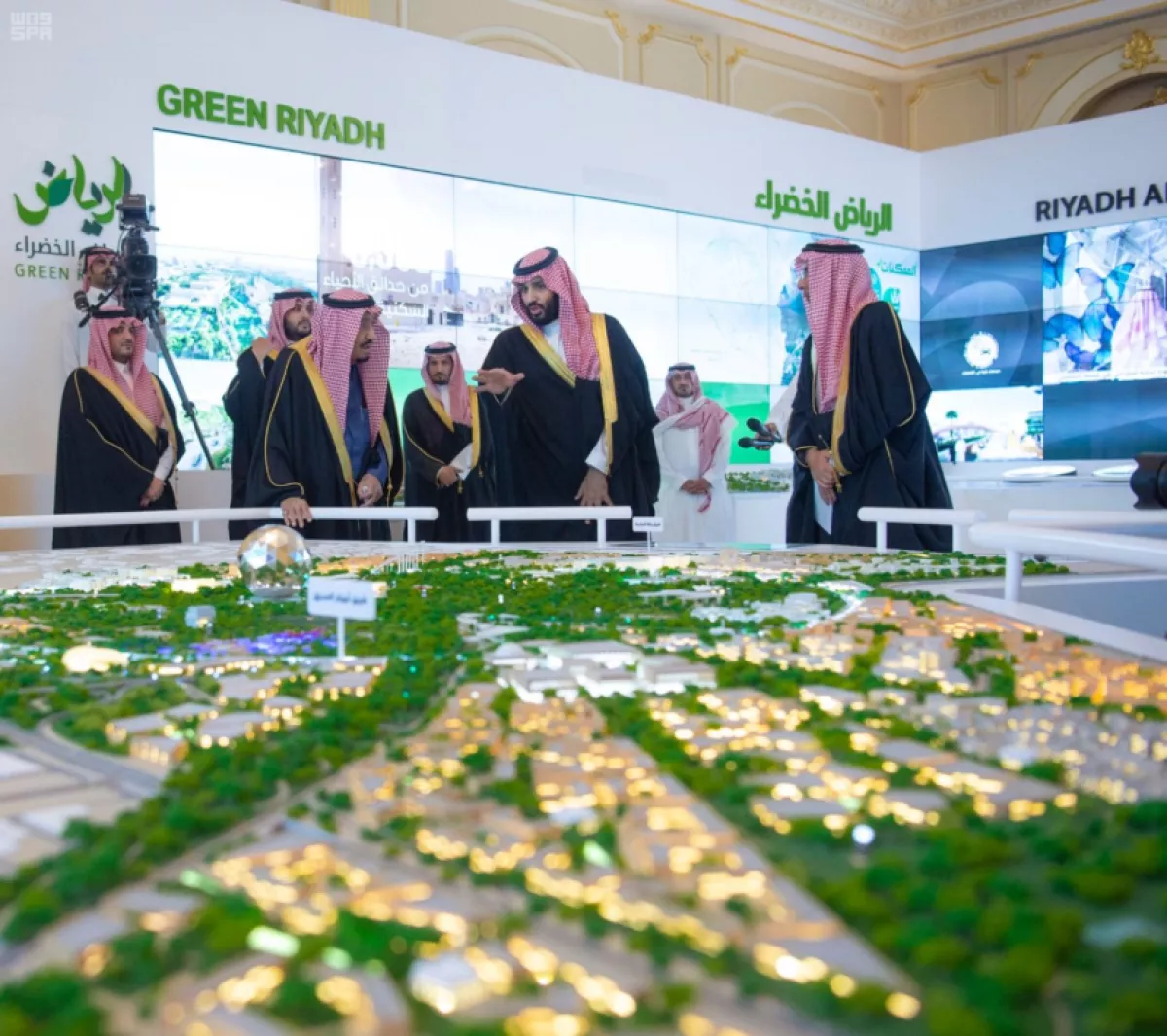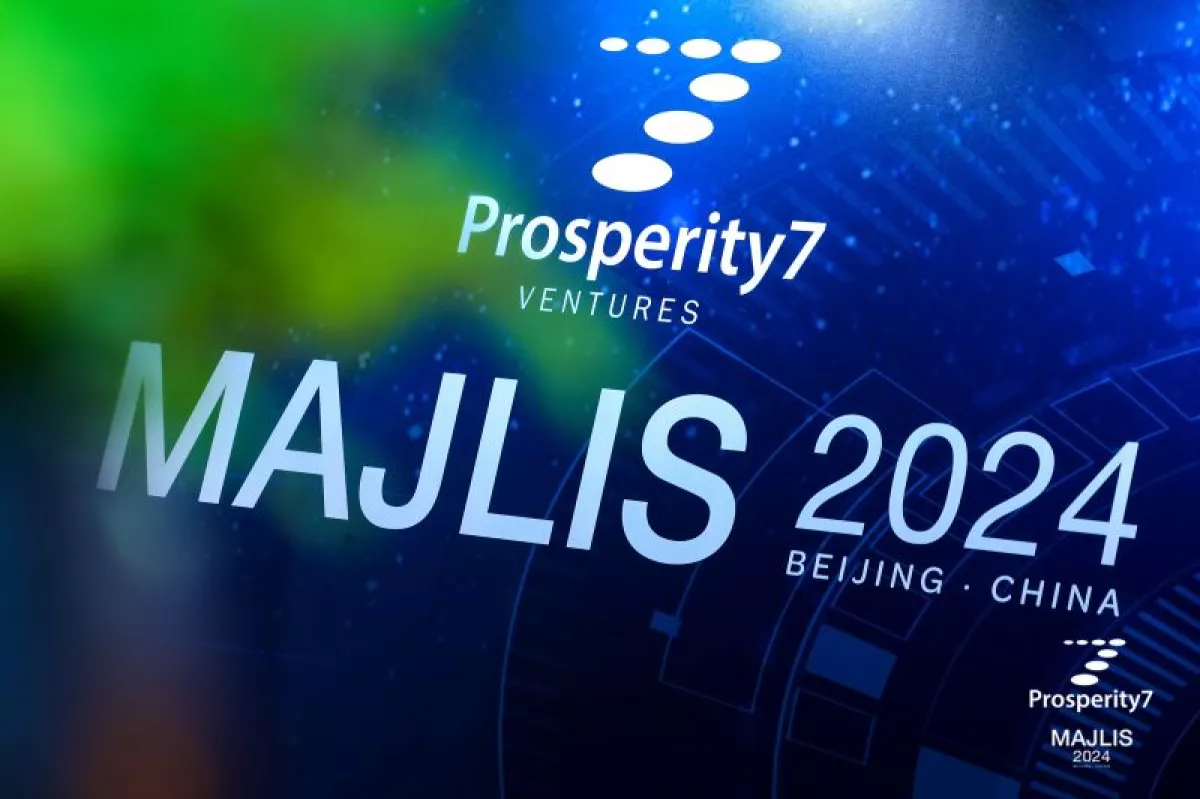Strategic benefits of the China-Saudi partnership Huge draw
On September 2, Saudi Arabia's Minister of Industry and Mineral Resources, Bandar bin Ibrahim Alkhorayef, and an economic delegation visited China. The visit was a strategic move to foster mutual growth in sustainable development and economic diversification, underscoring the deepening ties between Riyadh and Beijing. Over the past few years, Saudi Arabia has significantly bolstered its partnership with China in key sectors, including energy, artificial intelligence, defense, and economy.
China's successful entry into the energy-rich Gulf region is a testament to the mutual benefits of its individual strategic partnerships with all regional states, particularly Saudi Arabia and the United Arab Emirates (UAE). The strong economic ties between China and Saudi Arabia, which have been in place for decades, are a result of China's significant oil imports from the Middle East, with Saudi Arabia and Iran being its top oil suppliers.
For example, China has become the top greenfield foreign direct investor (FDI) in Saudi Arabia, with investments amounting to $16.8 billion in 2023, a 1,020 per cent rise from 2022. Hence, Saudi Arabia is targeting over $100 billion in FDI by 2030, as the Kingdom is steadily diversifying its economy by reducing its dependency on oil. On the other hand, Chinese firms are supporting the construction of two of the world’s largest solar-energy projects in the UAE – the Mohammed bin Rashid Al Maktoum Solar Park and the Noor Abu Dhabi solar plant.

In 2023, Chinese companies have made more direct investments in Saudi Arabia, particularly in greenfield projects. As of January 2024, Chinese businesses in Saudi Arabia announced a record 21 greenfield projects worth an estimated $16.2 billion. More than half of the $16 billion pledges came from a $5.6 billion deal signed between Saudi's Ministry of Investment and Chinese electric vehicle (EV) maker Human Horizons. In addition, another Chinese company, JinkoSolar July 16 signed a contract with Saudi Arabia to establish a joint venture to build a 10-gW high-efficiency PV module project there.
The blossoming relationship between these two Gulf states and China is a symptom of a broader evolution in the geopolitical context and has implications that reach far beyond the Middle East. Although Saudi Arabia’s traditional allies, the United States (US) and the United Kingdom (UK), watch cautiously Riyadh-Beijing strengthening ties amid the Western-China confrontation. Nevertheless, Saudi authorities claim they are keen to avoid a zero-sum game, referring to the geopolitical rivalry between the US and China, which some analysts think the Kingdom can utilize to its advantage.
Indeed, the US is worried about its potentially waning influence over the Gulf region, which has long been a strong leverage. Saudi Arabia’s kinship deepening partnership with China in the sense of high technologies and defence industry boosts concerns in Washington.

In this context, Saudi Arabia in 2024 revealed ambitions to back China’s most prominent generative artificial intelligence start-up, dubbed Prosperity7, to challenge Open AI. China’s fledgling generative AI sector has been forced by US restrictions to rely on domestic funding, making Prosperity7’s investment the first high-profile example of a foreign backer throwing its weight behind one of the leading four generative AI start-ups. In fact, China’s tech war with the US has limited business opportunities for Chinese companies abroad because of the pressure it puts on US allies not to use Chinese technology.
Saudi Arabia’s outreach to China has other interesting features. For example, in addition to partnership with the mainland, Riyadh established cordial relations with the Hong Kong administration. Given Hong Kong's stature as an international financial center, there is also a case for investment flows in the opposite direction.
Amidst the Russo-Ukraine and the Israel–Hamas wars, China is eyeing a stronger presence in the Gulf and even a potential role as a mediator in regional conflicts, addressing the interests of all regional parties. The successful détente between Riyadh and Tehran in 2023, sponsored by China, serves as a promising precedent for such mediation efforts.








